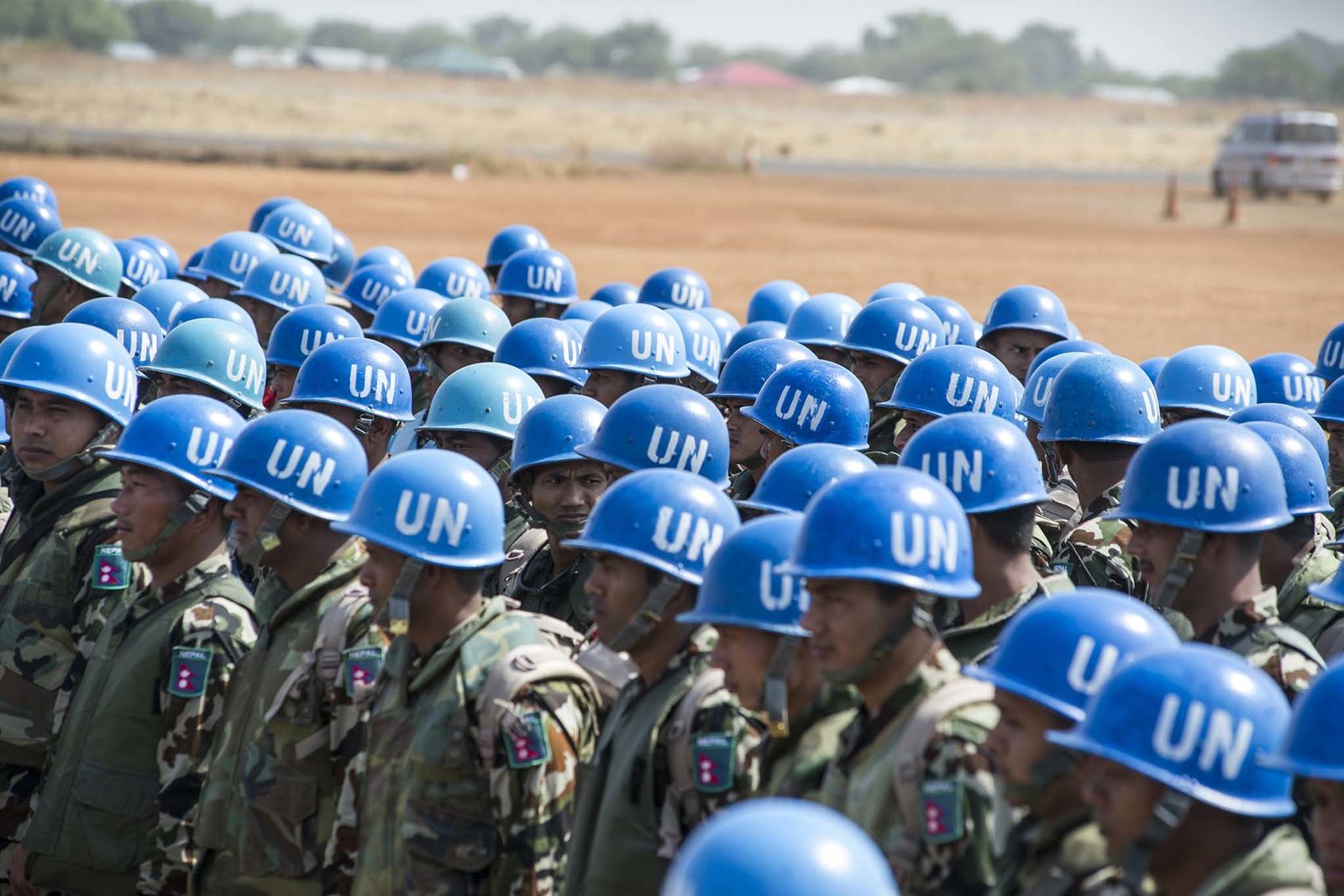 To fully understand what happened between Rwanda and the United Nations during the Rwandan Genocide, first, you must understand the historical context of the United Nations in the 1990s. The United Nations was created following the end of World War II with the goal to provide transparency and a neutral forum for countries to talk and negotiate. By opening up lines of communication, the hope was that less miscommunication and unnecessary escalation would occur. The United Nations was there to essentially maintain borders, aiming to prevent them from being changed through war. In order to do this, the United Nations built a peacekeeping force composed of national military units; there would be no standing UN force.
To fully understand what happened between Rwanda and the United Nations during the Rwandan Genocide, first, you must understand the historical context of the United Nations in the 1990s. The United Nations was created following the end of World War II with the goal to provide transparency and a neutral forum for countries to talk and negotiate. By opening up lines of communication, the hope was that less miscommunication and unnecessary escalation would occur. The United Nations was there to essentially maintain borders, aiming to prevent them from being changed through war. In order to do this, the United Nations built a peacekeeping force composed of national military units; there would be no standing UN force.
In the 1980s and 1990s, the United Nations was in its “second generation” of peacekeeping. Following successful missions in Cambodia, El Salvador, and other countries, the demand for more peacekeeping operations grew. Because of this, the number of missions increased from 5 to 17, and the number of United Nations peacekeepers increased from 12,000 to 78,000 between 1987 and 1993. Countries sending troops also rose from 26 to 78. This would ultimately all come crashing down when the United Nations peacekeeping forces went into Somalia, in October of 1993, with the goal of feeding the people. This culminated in the Battle of Mogadishu, otherwise known as Black Hawk Down, where troops sent to deliver food were killed and dragged through the streets prompting the US and the United Nations to pull out of Somalia.
Going back to Rwanda, UN peacekeeping began in Oct 1993 to assist in implementing the Arusha Accords, which ended the 3-year civil war in Rwanda. However, in April of 1994, Hutu president, Juvénal Habyarimana, was assassinated, reigniting conflict and resulting in Hutus killing 800,000 Tutsis in 10 weeks while the UN watched. People were screaming it was genocide, but leaders wanted to avoid calling it genocide because the UN has the mission for stopping genocides. Specifically, the US didn’t do anything because Black Hawk Down in Somalia had just happened and they had little interest in going back to Africa to intervene in a war that didn’t affect them.
(All information was taken from previous research/knowledge and class notes from PS205)